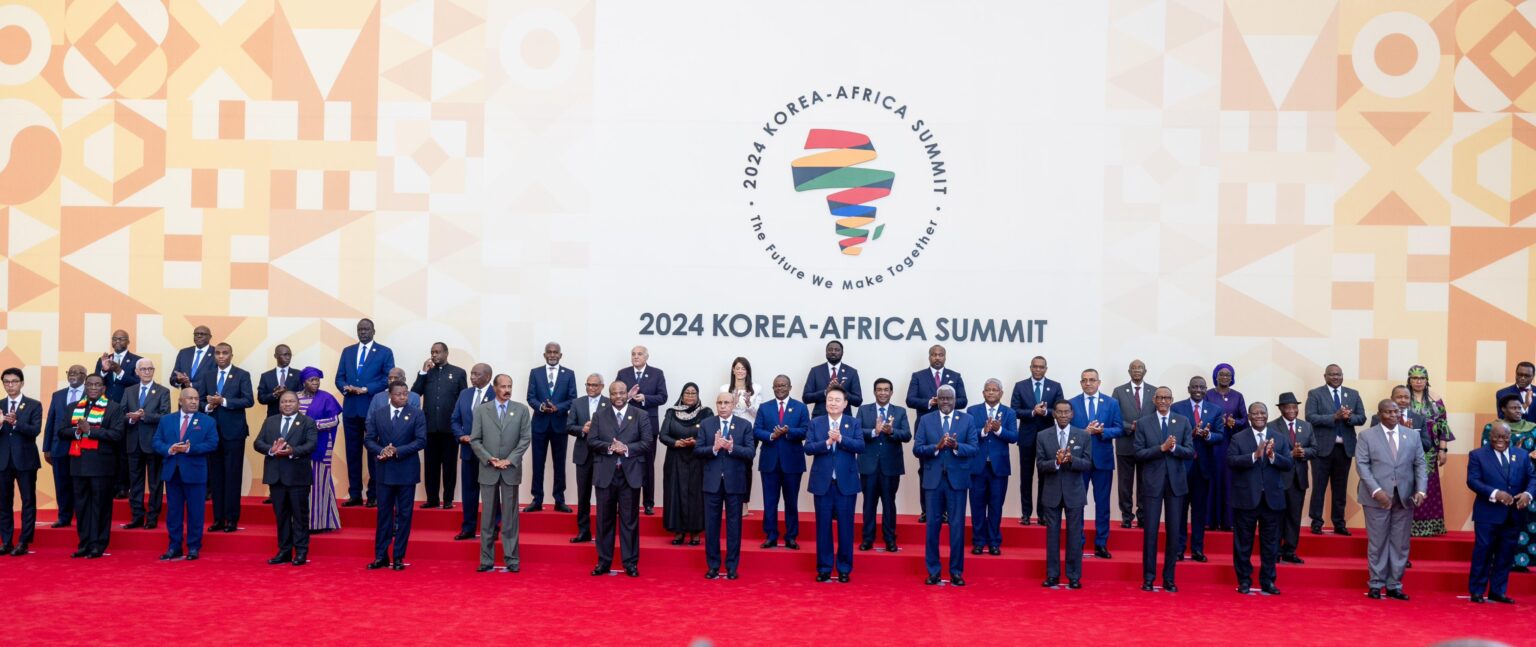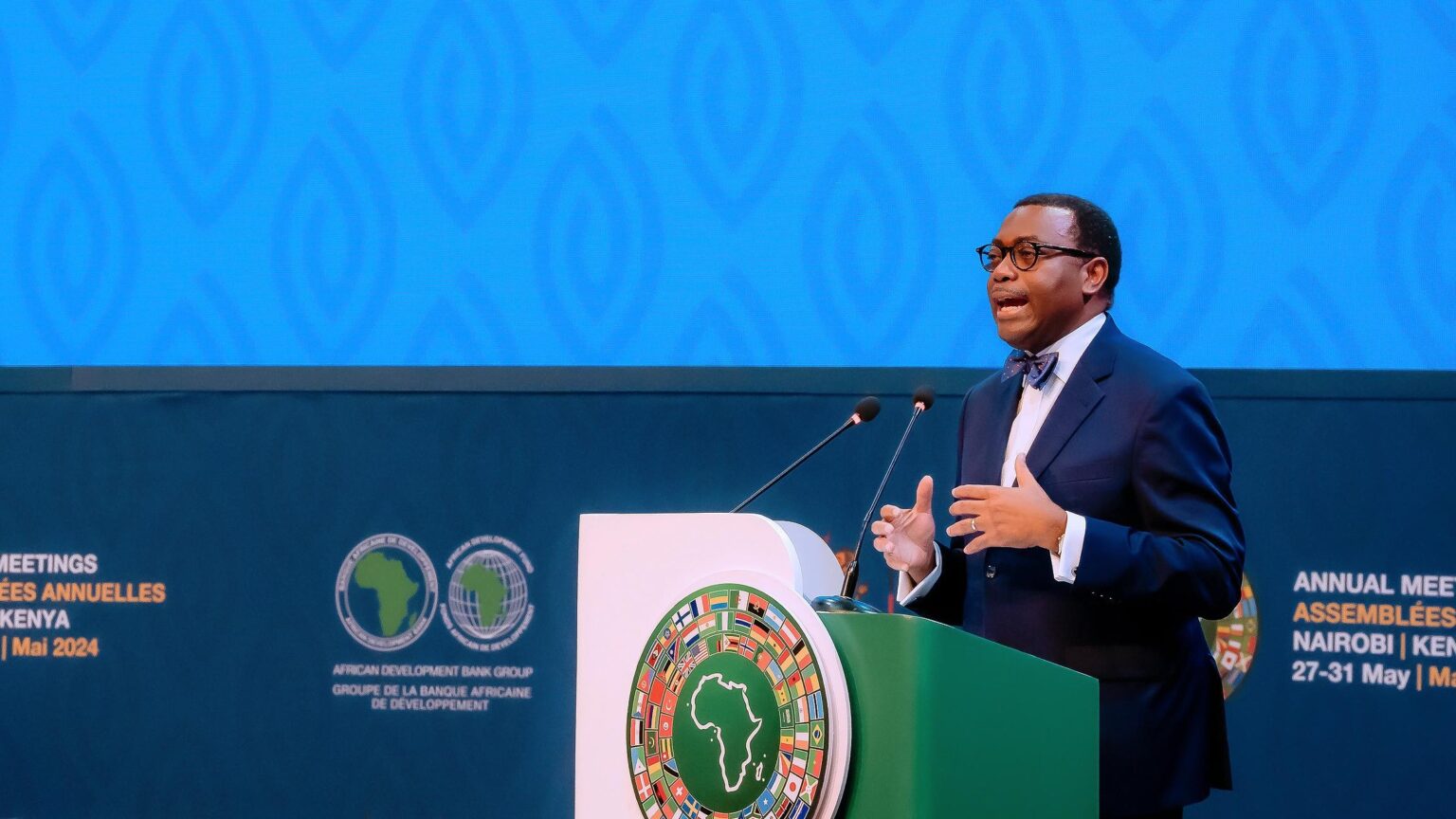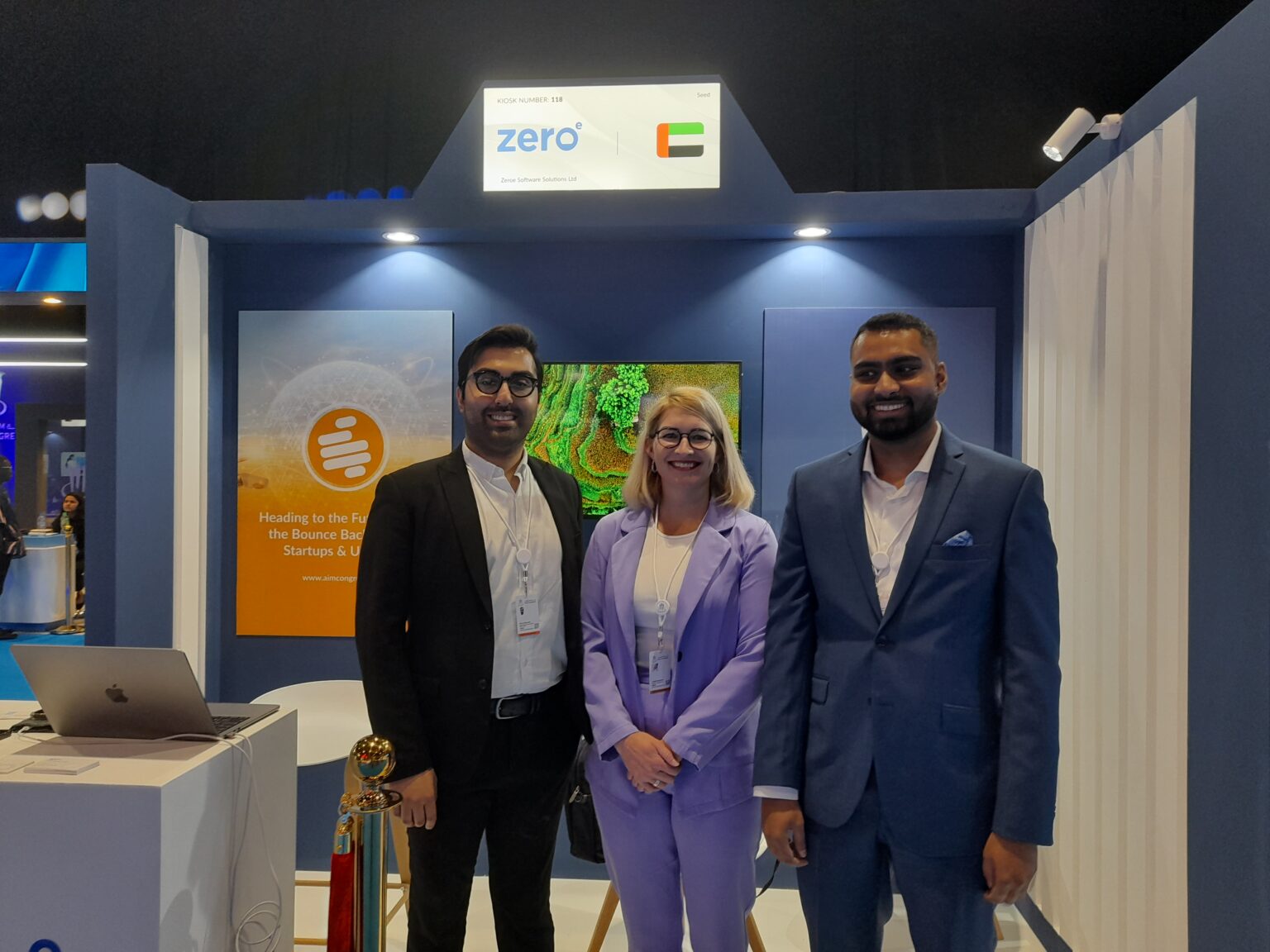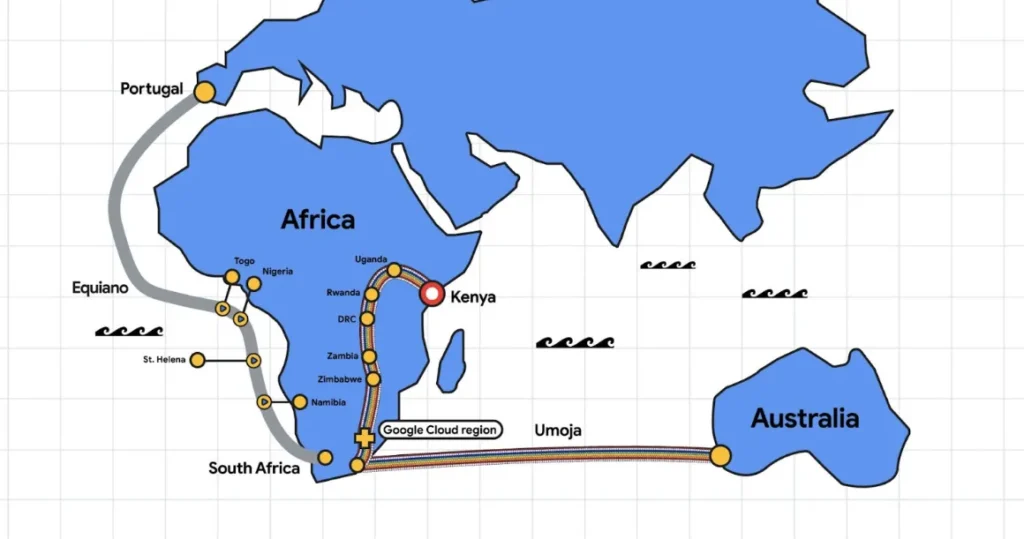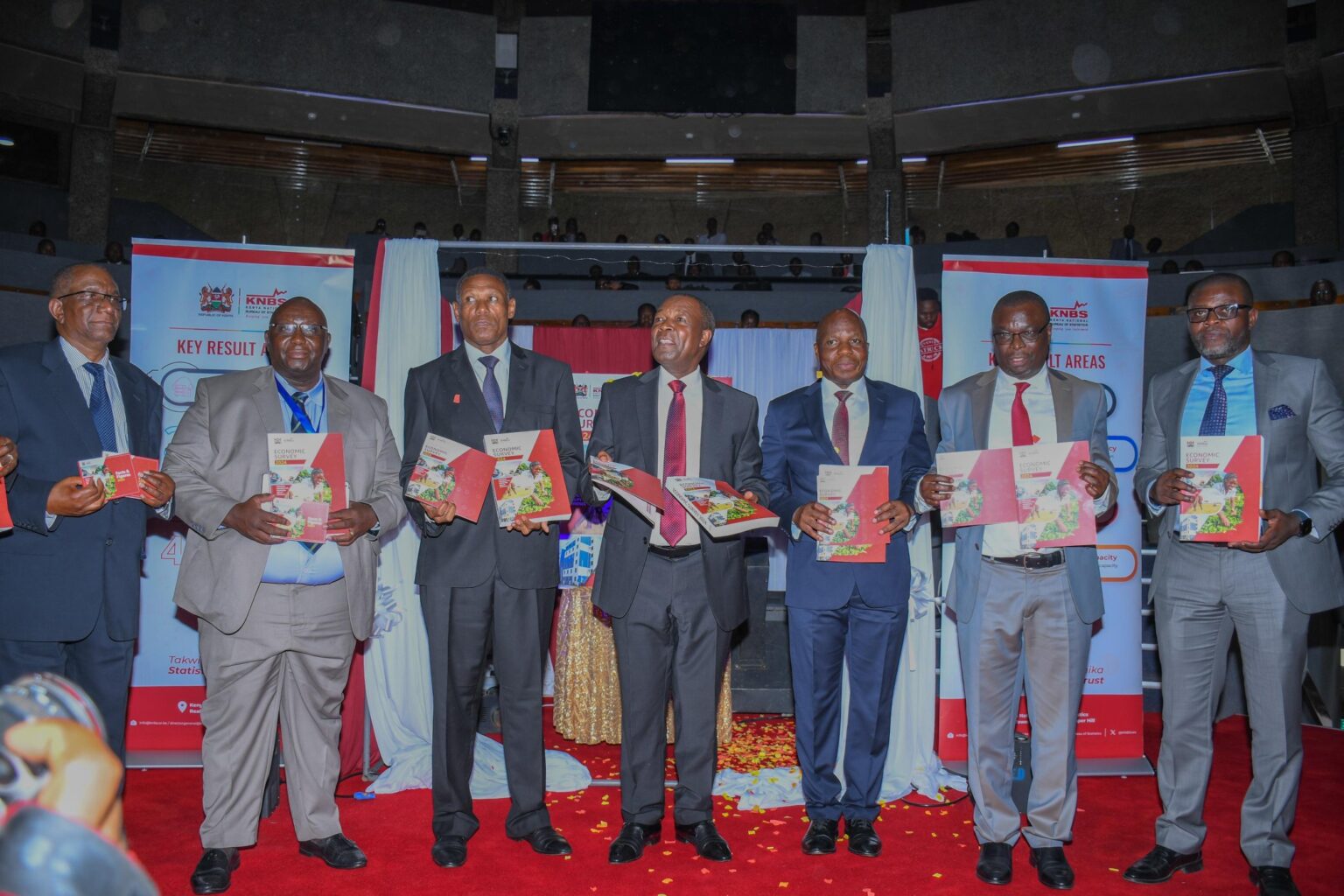- AI’s Dual Capacity and a Strategic Opportunity for African Peace and Security
- How African economies dealt with the 2025 debt maturity wall
- Africa’s Green Economy Summit 2026 readies pipeline of investment-ready green ventures
- East Africa banks on youth-led innovation to transform food systems sector
- The Washington Accords and Rwanda DRC Peace Deal
- Binance Junior, a crypto savings account targeting children and teens debuts in Africa
- African Union Agenda 2063 and the Conflicts Threatening “The Africa We Want”
- New HIV prevention drug is out — can ravaged African nations afford to miss it?
Author: James Wambua
James Wambua is a seasoned business news editor specializing in various industries including energy, economics, and agriculture. With a comprehensive understanding of these industries across Africa, he excels in delivering accurate and insightful news coverage that keeps readers informed about key developments and trends.
Africa’s remittance market is projected to reach $500 billion by 2035, driven by mobile money technology and strategic investments in financial infrastructure. Despite high remittance costs, reducing fees through competition, regulatory improvements, and digital expansion is essential for maximizing economic benefits. Addressing informal channels and promoting financial literacy will further enable the continent to harness the full potential of remittances for sustainable growth and development. Africa’s remittance market is poised for steady growth, with predictions indicating it could reach a staggering $500 billion by 2035. This projection comes from DAI Magister, an investment bank, which highlights the vital role remittances…
World Environment Day 2024 marked under the theme “Our Land. Our Future. We are #GenerationRestoration,” highlights global efforts to restore degraded lands, combat desertification, and build drought resilience. Hosted by Saudi Arabia for the second time in over 50 years, the day amplified the Kingdom’s environmental goals, including the Saudi Green Initiative and Middle East Green Initiative, which seeks to plant 50 billion trees and achieve land degradation neutrality by 2030. With a focus on restoring degraded lands, combatting desertification and building drought resilience, countries around the world came together today to mark World Environment Day 2024, under the rallying call ‘Our Land. Our Future. We are #Generation…
President Ruto calls for reforms in the IMF to address emerging global challenges and seeks flexible lending instruments, equitable special drawing rights, and debt financing plans. He also advocates for governance reforms to better represent the Global South’s economic and demographic contributions. These changes are crucial for maintaining the IMF’s relevance and effectiveness in fostering stability and sustainable development. In a rapidly evolving global economy, the International Monetary Fund (IMF) finds itself at a critical moment as President William Ruto of Kenya articulates in the latest issue of the IMF’s Finance and Development Magazine. With over eight decades of history, the…
The inaugural Korea-Africa Summit 2024 highlights the strategic importance of Africa’s rich resources and market potential for South Korea. Asian economic powerhouse seeks to firm up ties between Seoul and 48 African nations through industrial infrastructure, digital transformation, and sustainable investments. Summit is also building on previous successes and aspires to foster mutual growth while addressing climate change, food security, and health. South Korea is hosting a key summit for the first time with Africa, a forum that has seen leaders from 48 countries across the continent converge in Seoul to discuss expansive economic ties and cooperation between the two…
At the ongoing AfDB Annual Meetings 2024 in Nairobi, President Dr. Akinwumi Adesina highlighted Africa’s resilience and growth potential despite global challenges, highlighting the AfDB’s impactful initiatives in infrastructure, climate action, and economic development. Dr. Adesina celebrated the Bank’s 60th anniversary, showcasing its financial innovations and strong partnerships aimed at empowering women, and youth, and promoting sustainable development. The President’s speech inspired optimism and a collective resolve to continue driving Africa’s progress and transformation. The cool Nairobi air buzzed with anticipation as leaders, policymakers, and stakeholders from across the African continent and beyond gathered at the Kenyatta International Convention Centre,…
Zeroe, a carbon management startup based in Dubai, offers a platform that helps streamline the flow of finance from the global North to the global South. The firm’s innovative solution provides comprehensive carbon accounting, and an AI-enabled decarbonization planner, making it easy and affordable for companies to measure and reduce their emissions. Zeroe is already working with businesses in the UAE and Indonesia and sees significant climate financing opportunities for growth in Africa, especially North West, North East, and Southern Africa. Climate finance: “There is enough money; we just need to make it flow.” This statement by Lauren Haworth, Head…
Google is rolling out Umoja cable, the first-ever fibre optic link directly connecting Africa with Australia, aiming to enhance global digital infrastructure and foster economic growth. The Umoja project, developed in collaboration with Liquid Technologies, will improve connectivity and drive digital inclusion across Africa. This initiative is part of Google’s long-term commitment to Africa’s digital transformation, with investments in infrastructure, cybersecurity, and AI innovation to support growth. In a deal set to revolutionize digital connectivity across continents, tech heavyweight Google has announced the launch of Umoja, the first-ever fibre optic link directly connecting Africa with Australia. This project is poised…
Xente, co-founded by Francis Nkurunungi, is a fintech platform that streamlines business payments, collections, and financial operations. Targeting medium to large enterprises, Xente offers a digital wallet and integrates with systems like VISA to facilitate secure, efficient transactions and manage financial documents in one place. Currently, the startup has onboarded over 500 businesses in Uganda and plans to expand rapidly into Kenya, Tanzania, Nigeria, and Ghana. When you think about the next big thing in fintech, your mind might drift to Silicon Valley or China. But Francis Nkurunungi, the COO and Co-Founder of Uganda-based fintech Xente, wants to change that…
Founded in Uganda, Famunera is a tech-driven startup that digitizes agribusiness operations, providing farmers, cooperatives, and agribusinesses with easy access to financing, market access, and supply chain traceability. Initially a B2C model for farm inputs, it transitioned to a B2B platform to address the unique financing needs of agribusinesses. With growing presence in the UAE, and the Netherlands, Famunera has onboarded over 1,000 agribusinesses and indirectly employed over 50,000 farmers. Imagine a world where farmers from Uganda can seamlessly connect with agribusiness financiers in the United Arab Emirates (UAE), while cooperatives in the Netherlands can procure produce from African farmers…
Kenya’s GDP grew by 5.6% in 2023, driven by a rebound in agricultural activities and strong performances in transportation, communication, and hospitality sectors. The manufacturing sector saw mixed results with modest growth in food production and significant increases in non-food manufacturing. Despite inflation remaining stable and financial indicators showing growth, the Nairobi Securities Exchange saw a decline, highlighting some challenges amid the overall economic recovery. Kenya’s economy achieved a significant milestone in 2023, recording a robust Gross Domestic Product (GDP) growth of 5.6 percent, official data from the Kenya National Bureau of Statistics showed on Monday. This impressive growth rate,…








